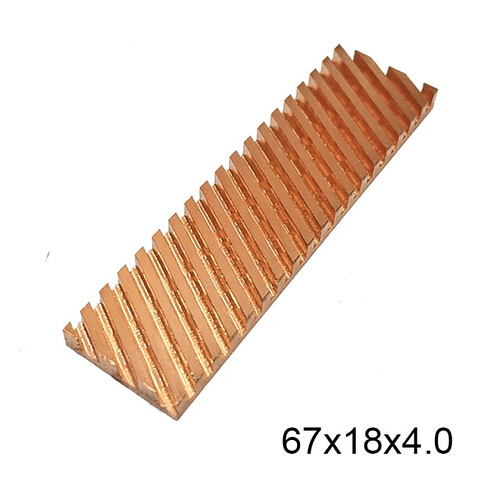Did you use the same software package from the same developer to make a test?
Different software can use different algorithms and methodologies to calculate result. Even different version of the same software can change methodology and each diff can introduce incomparable results.
So make sure you use the same app of the same version from the same developer in order to compare results.
But I see a huge diff of read speeds on SEQ1MQ8T1 test.
That difference can be caused by not used TRIM and do not to wait at least 15 minutes of idle before to test again (some tester on Youtube does that delay, probably to ensure that all internal idle operations to be completed after TRIM request from OS to make sure what during the test it will not interfere into a measurements).
@items, where is the inxi report? ([HowTo] Provide System Information)
Is it M.2 or PCIe of more than 4 lanes?
If M.2, than probably 4 PCIe lanes.
If PCIe has gen 3, than max theoretical (ideal) payload data speed is (according to PCI Express - Wikipedia):
3.94 GB/s (not GiB), but in one test we see 4238 MB/s (even if means MiB, than if to convert it into MB to compare with GB in Wiki, than it will be greater value than was in MB scale).
So if it is M.2 SSD it is impossible speed of software mode of PCIe 3.0, so it is software mode of PCIe 4+ version.
Does the SSD throttles itself? What temps does it reach?
A bit off-topic: what cooling system do you prefer to cool down the speedy SSD making it able to remain so high speed over the time?
I have 970 EVO plus in a passive cooling full-metal heavy case with ventilation holes in it If not to cool down. I have CPU temp of 50-52C while hours of load for 70-80%. So passive cooling of the case is not bad (Core i5-8250U CPU w/ Hyper Threading turned off and on nominal TDP of 15W).
I have torrent shares, if I got constant (15-20 minutes) of reading at speed of 8-11 MiB/sec (on my 100 Mbps Ethernet connection), my ssd became 90-95C. It is only about 10 MiB/sec but is it constant.
If I copy from the ssd to external USB 2.0 device with the speed of 38-40 MiB/sec I saw temp of 97-105C after 15-20 minutes of such usage, I have M.2 PCIe 3.0 ssd, but in my use case constant read speed of USB 2.0 device heats up my SSD up to water boils point.
I added 4mm-thickness copper heat sink (passive radiator) on top of the label of SSD, got maximum 80C on 10 MiB/sec. Still very high temp, but lower than was.
So, cooling of nvme SSD matters, there is no any PCIe 3.0 NVMe cold or even warm SSD device (and you have even PCIe 4, but different controller technology), speedy devices are all very hot if not to use cooling system, so you case could be also: you power up PC, test ssd previously warmed up only by Windows boot, then use for sometime, reboot into Linux - SSD became even hotter - and test yet throttling SSD on Linux.
